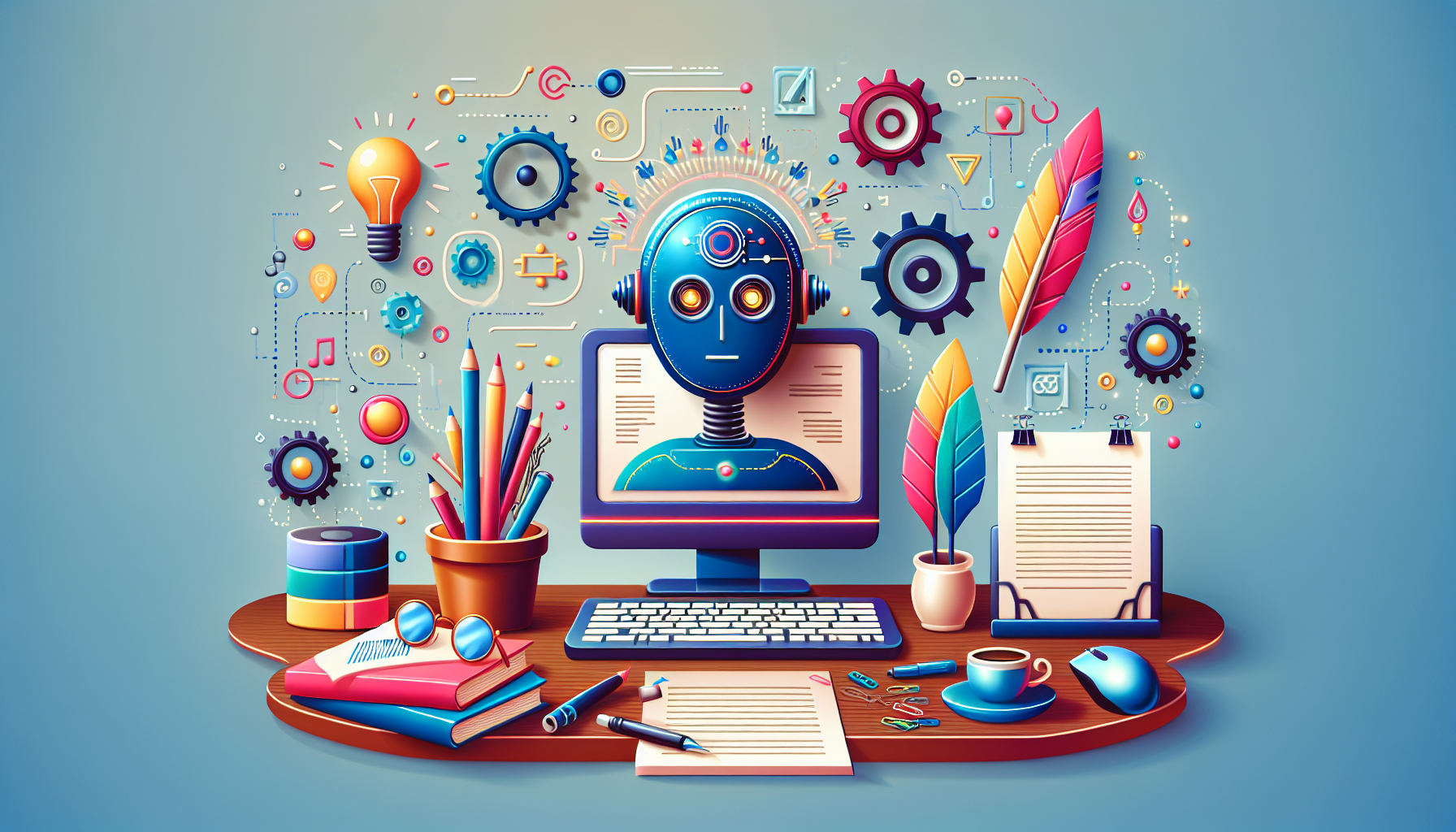
Unveiling the Potential: AI in Screenwriting
As artificial intelligence (AI) continues to evolve, its infiltration into the creative realms raises both fascination and skepticism. A field ripe for exploration is the world of filmmaking, specifically the art and craft of screenwriting. Can AI, with its algorithmic complexity and computational brilliance, write screenplays? This question sparks debates on the cusp of technology and creativity, challenging our understanding of what it means to create.
The Mechanisms of AI-Driven Writing
To grasp the potential of AI in screenwriting, one must first understand how AI generates text. AI writing tools, including those aimed at generating scripts, leverage models based on Natural Language Processing (NLP). These models are trained on vast datasets of existing text, enabling them to predict and generate sequences of words that follow the patterns they’ve learned. This process, theoretically, allows AI to write on any subject, including the crafting of narratives for screenplays.
Current Applications
There are already several applications where AI assists in scriptwriting. From generating dialogue that mimics specific genres or writer styles to creating plot suggestions, AI tools offer a starting point that can inspire or expedite the creative process for human writers. These tools can also provide revisions, suggest alternate plot points, or even format scripts to industry standards.
The Debate: Creativity vs. Algorithm
At the heart of the discussion lies the question of creativity. Can an AI, which operates through learned data and algorithms, truly originate something as inherently human and subjective as art? Critics argue that while AI can mimic styles and construct narratives, it lacks the depth of human experience, emotion, and the nuanced understanding that informs truly impactful storytelling.
Supporters, on the other hand, posit that AI’s ability to process vast amounts of data and identify patterns humans might miss can lead to innovative storytelling techniques. They suggest that AI might not replace human screenwriters but instead serve as a tool that enhances the creative process, offering perspectives or ideas that a human might not consider.
Case Studies and Experiments
An exploration of this subject would be incomplete without examining practical attempts to employ AI in screenwriting. Projects like Sunspring, a short film entirely scripted by an AI named Benjamin, showcase the possibilities and limitations of current AI writing capabilities. While the film demonstrates AI’s ability to generate dialogue and structure, viewers noted its lack of coherent narrative and emotional depth, underscoring the argument that AI-generated content can seem disjointed and devoid of genuine human insight.
Navigating the Future of AI in Screenwriting
As AI technology advances, the role it will play in screenwriting and storytelling remains a dynamic frontier. The collaboration between AI and human creativity emerges as a promising toolkit for pushing the boundaries of traditional narrative construction. To fully harness the potential of AI in this field, there must be an emphasis on developing AI technologies that complement and augment human creativity rather than attempting to supplant it.
Understanding the limitations and possibilities of AI in screenwriting is crucial. Learning to navigate the intersection of technology and creativity, storytellers can experiment with AI as a means to explore new narrative landscapes. Whether AI can write a screenplay that resonates on a deep, human level is a question that only time will answer. However, the exploration of this symbiosis between human creativity and artificial intelligence will undoubtedly lead to fascinating innovations in storytelling.






